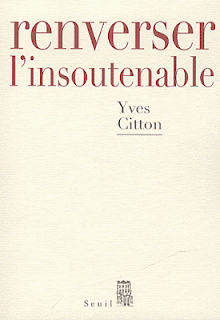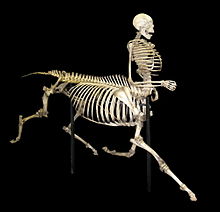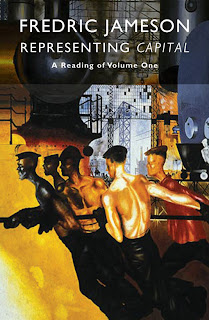Paper was originally presented at the Futures of the Common conference at the University of Minnesota in 2009. Some of this has been taken up into my current work, and some of it has been abandoned. I am posting it here for the gnawing criticism of digital mice.
The common has become a central term for political action and philosophical reflection. At first glance this would seem paradoxical; after all, Marx argued that capitalism confronts us as immense accumulation of commodities, as a situation in which all that exists, exists as a commodity, as private property. The attention to the common would then seem to be the worst sort of nostalgia, a lost Eden before the fall of primitive accumulation. Proponents of the concept, however, argue that the term does not just shed light on the origins of the capitalism, on the destruction of the agrarian commons that constituted the necessary condition for the emergence of labor power, but reveals its current function, as capital appropriates not just the commons in terms of land and resources, but the common, understood as the collectively produced and circulated knowledges, habits, affects, and concepts that produce our cultural life.[1] It is worth noting, however, that this distinction between past and present, material commons and the immaterial common, is not that rigid.

















































